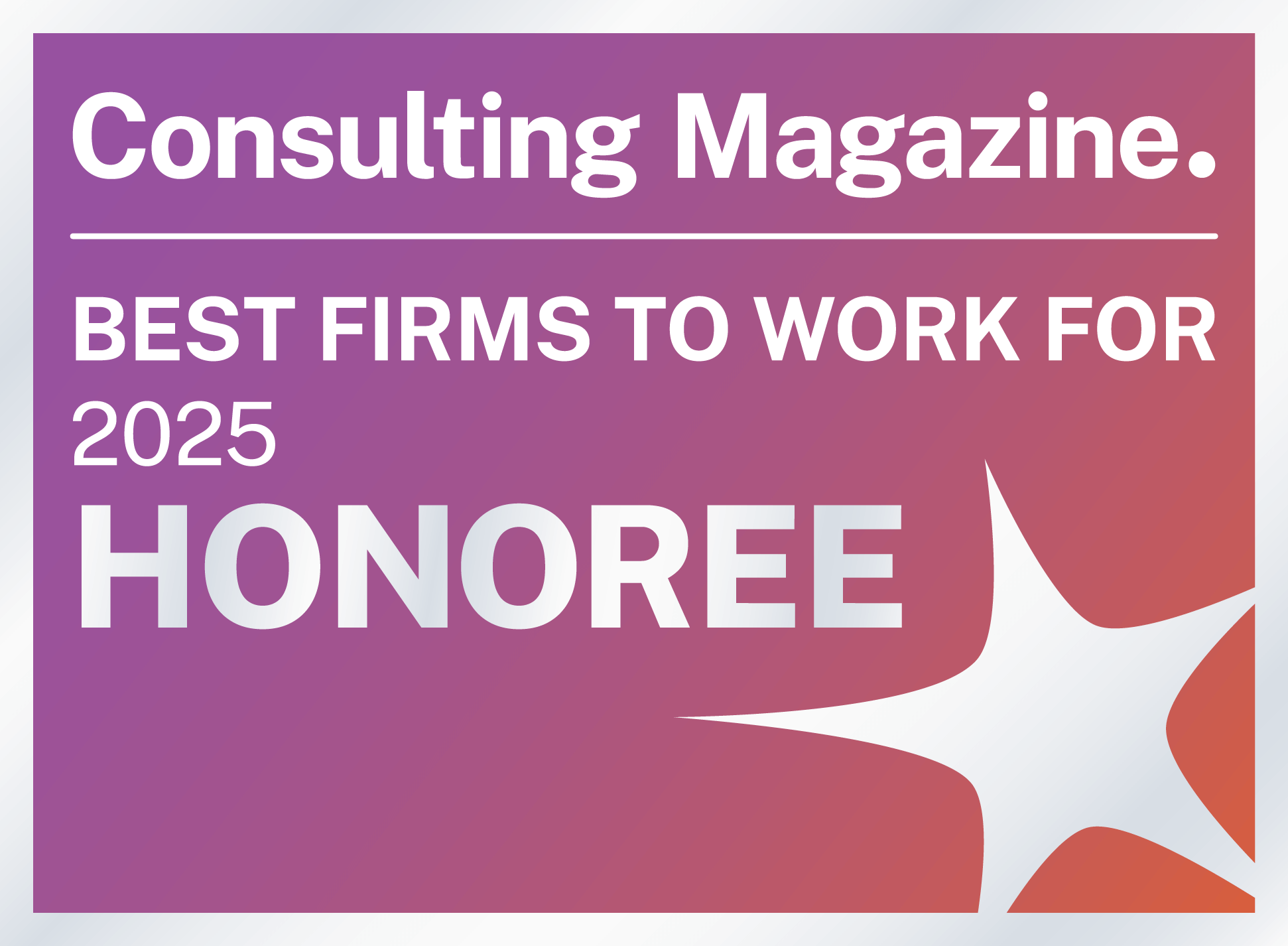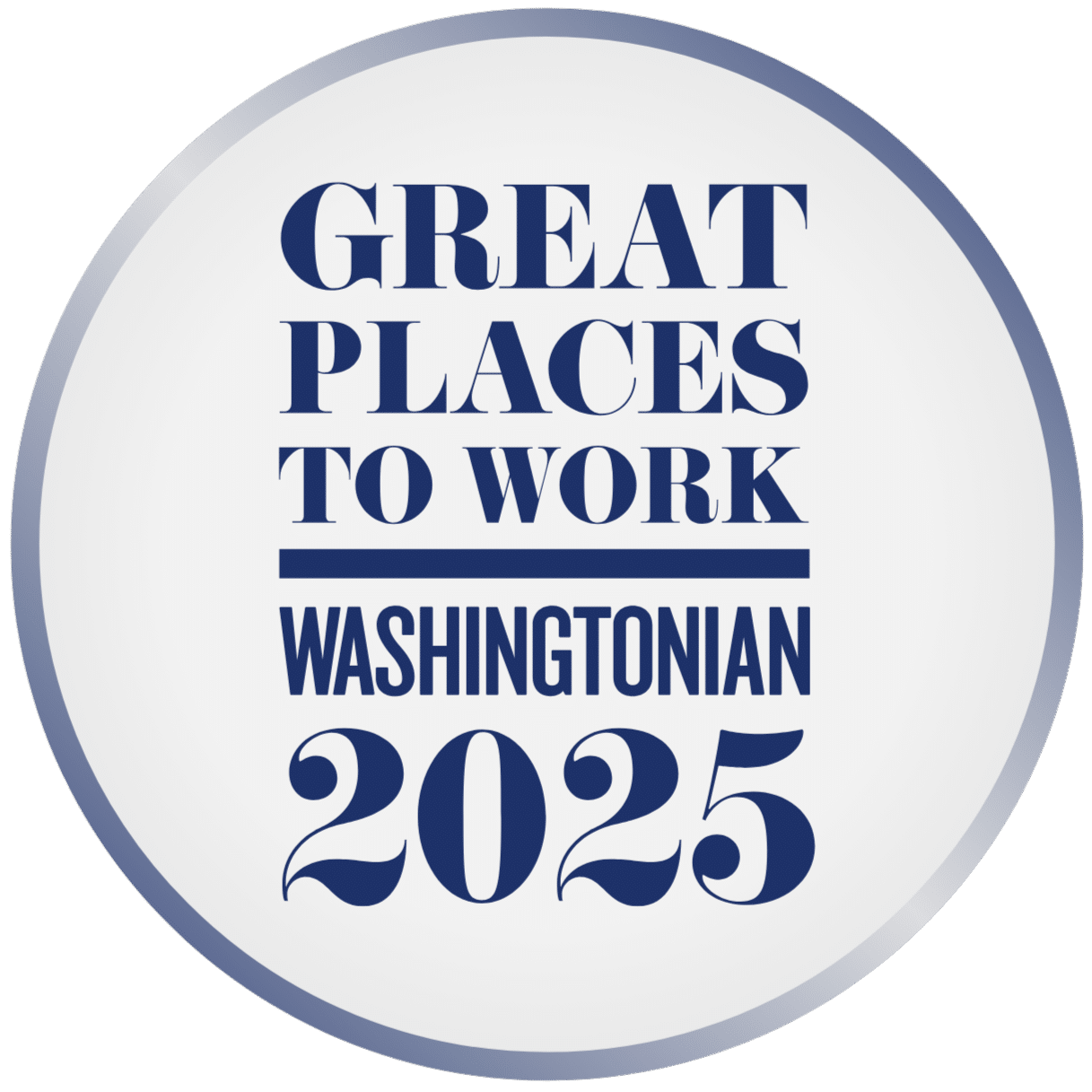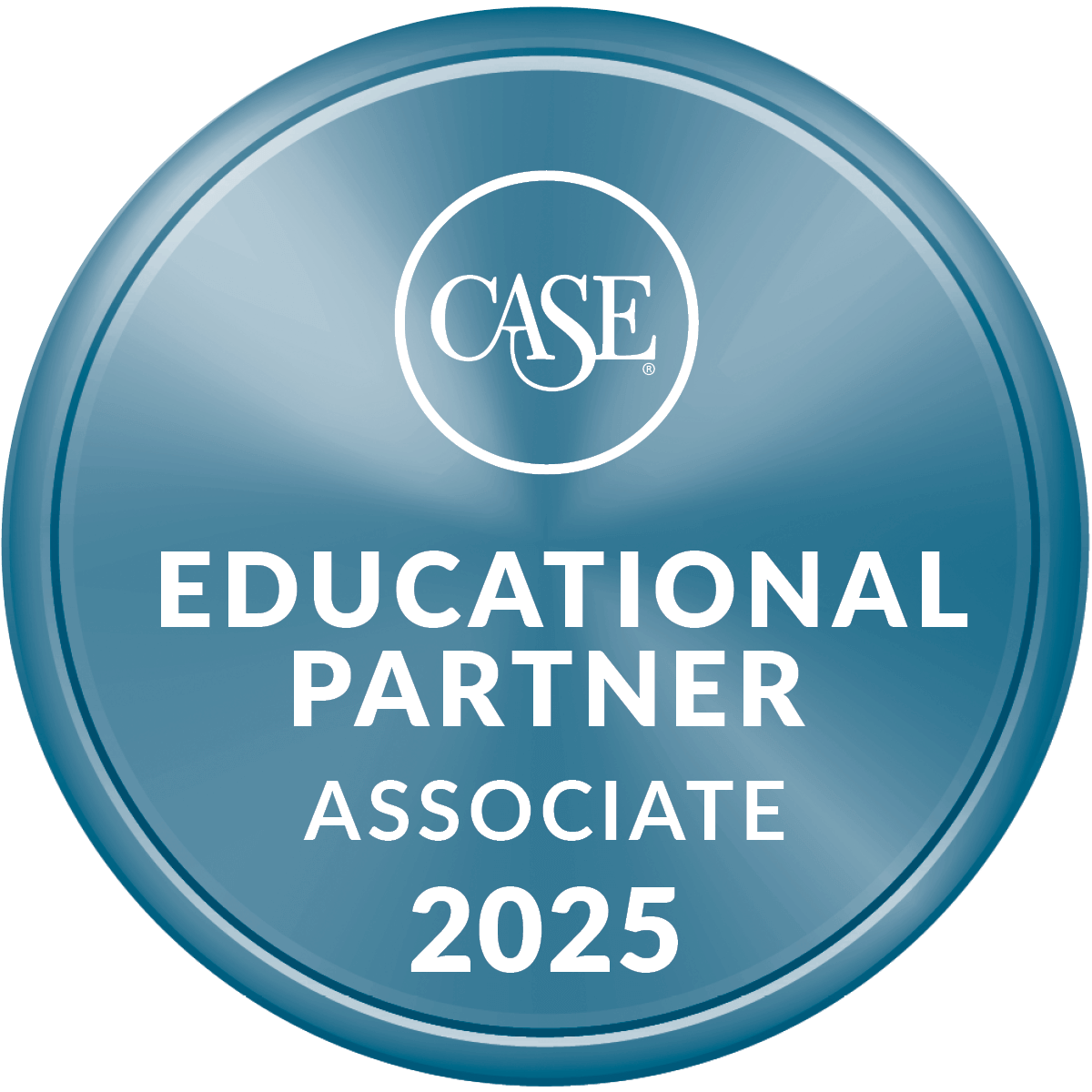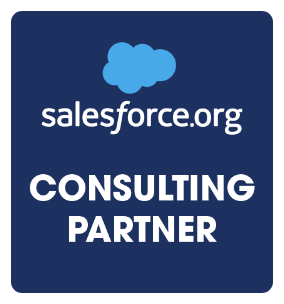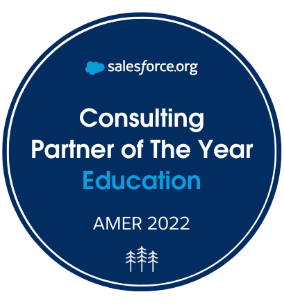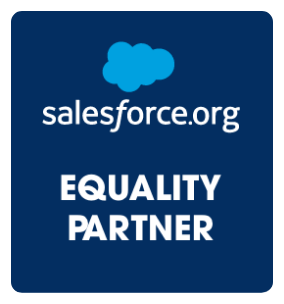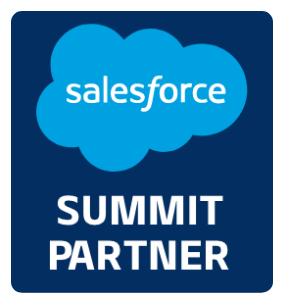
Finding operational efficiencies when budgets are tight
Making operational processes more efficient frees busy staff to focus on more meaningful, higher-value work. When budgets are tight and hiring additional staff is not an option, taking a close look at your existing processes and identifying areas for improvement is an effective strategy.
When we design library processes, we start with the best intentions. We envision researchers effortlessly accessing the perfect primary source, staff members who aren’t overwhelmed by repetitive tasks, and patrons who genuinely feel like we’ve helped them accomplish something meaningful.
However, our reality often falls short of our vision. The good news? Just as a librarian can spot a misfiled book from across the room, you can learn to identify when processes need attention. Here are seven clear signs that your library processes may require improvement, along with the opportunities these issues may present.
1. Workarounds
Creative Bypass
When faculty, students, or staff consistently find alternative paths around your services or official processes, they provide valuable feedback about where improvements are needed. People naturally find the most direct path to address their needs. Whether it’s going to a staff member rather than filling out a form, or asking for exceptions or extensions, these workarounds provide a valuable clue to which processes aren’t working effectively.
Opportunity
These informal pathways often reveal more efficient or logical approaches that your formal process could adopt. Identify the most critical steps of your formal process. Then consider ways to accomplish the goals of those essential steps through a redesigned process that resembles the workarounds you observe. You might discover that what appeared to be rule-breaking was problem-solving that can benefit everyone.
2. Negative Reputation
A Feedback Goldmine
When your processes gain a reputation for being difficult, time-consuming, or frustrating, you have a valuable opportunity for transformational change. In academic environments, where word-of-mouth spreads quickly through campus networks, reputation can significantly impact library utilization and user satisfaction.
Opportunity
Transform notoriously cumbersome processes into valued services with which users look forward to engaging. By turning a dreaded requirement into a seamless and even pleasurable experience, you not only solve a problem but also create advocates for the library.
3. Unusual Resistance
Challenges to Change
When librarians, staff, or researchers push back against new processes harder than you’d expect, it’s usually telling you something important. Perhaps there’s a real problem you haven’t identified yet, or maybe the new process clashes with how people actually work. That resistance isn’t just stubbornness; it is your staff and users trying to protect something that matters to them.
Opportunity
Rather than muscle through the pushback, take the time to figure out what’s really going on. When you bring the resisters into the conversation and let them help fix what’s broken, they often flip from being your most prominent critics to your strongest supporters. They know the new process works because they helped create it.
4. Procrastination
Put-off and Delay
When people consistently delay tasks, such as an essential request that sits in someone’s inbox, or a staff member who keeps putting off a new workflow until they absolutely have to deal with it, your process may be asking too much of them and can be a signal that your process feels overwhelming, unclear, or disconnected from their natural workflow.
Opportunity
Perhaps a five-step process can be simplified to two steps. Maybe the form that requests information in an unusual order could follow the way researchers think about their projects. When you strip away unnecessary complexity and align your process with how people think, processes feel intuitive and manageable. Library users can devote their energy to discovery and collaboration rather than navigating complicated tasks.
5. Low Completion Rates
Abandoned Journeys
When users start but don’t finish processes, whether they browse webpages without accessing digital collections or initiate but don’t submit ILL requests, there’s likely a friction point that needs addressing.
Opportunity
Identify and eliminate the barriers that lead people to abandon their tasks. To improve the user experience, consider simplifying the authentication process, providing progress indicators, enabling the option to save and resume tasks, or redesigning multi-step processes.
6. Differential Engagement
An Inclusion Challenge
When specific user groups, such as international scholars, interdisciplinary researchers, early-career academics, first-generation college students, or community members, consistently face greater difficulties than others with your processes, it could indicate hidden barriers you haven’t addressed.
Opportunity
Create a universal design that integrates with the accessibility and welcoming nature of your library, accounting for diverse users with varying levels of technological comfort, different language backgrounds, and various research methodologies. Conduct user experience research with members of these user groups, asking them about barriers they have encountered. Then focus your redesign efforts on those elements.
7. Frequently Asked Questions
A Clarity Compass
In libraries, complex procedures are often unavoidable, and ongoing confusion highlights opportunities for improved communication and process design. Recurring questions can serve as a compass, indicating which processes require clarification or simplification.
Opportunity
Staff who directly serve library users are your secret advantage here. They hear these questions and know the context around these asks. Frequently asked questions uncover gaps between your process design and users’ mental models. This feedback can assist in redesigning not only the process itself but also the way you communicate about it and guide users through it.
Turn Friction into Flow
Each of these signs represents not just a problem to solve, but an opportunity to create something better. When you address process friction, you’re not just fixing what’s broken; you are unlocking potential for:
- Increased community satisfaction and library usage
- More efficient staff workflows that focus on high-value activities
- Greater accessibility that welcomes all community members
- Enhanced reputation as a user-friendly, innovative library
- Stronger relationships built on positive experiences, for both library staff and users
Libraries that thrive are those that embrace feedback, iterate continuously, and keep their users’ needs at the center of everything they do. Your next process improvement project could be the catalyst that transforms how your community experiences and values your library.
Process Improvement Framework
In our collaborative approach, we thoughtfully guide teams through process improvement steps, enabling them to examine and refine their processes, ultimately making a meaningful difference in how they operate and serve communities and stakeholders.
- Map the current state of your process
- Analyze it to identify and understand issues
- Improve your process based on what you learned
By taking a user-centric approach to examining your library’s processes, you can ensure that you are deploying your resources optimally to support the audiences you serve. Simple, streamlined processes benefit everyone, but they are especially important for reducing costs and user barriers to achieve operational excellence and better user experiences.
A process improvement project at your library can take multiple forms depending on your needs and interests. Examples include:
- A skilled facilitator guiding your team through the steps to improve a troublesome process
- Training your staff in process improvement methods so they can deploy their new skills on multiple projects
- Improving library operations, user experiences, or both through targeted process enhancement
- User experience research and analysis to identify optimization opportunities

With over 40 years of experience, Attain Partners provides tailored library planning and strategy services to academic and research libraries. Utilizing a collaborative and client-centered approach, we design personalized assessments and solutions for your library’s unique needs and structure. Learn more here.
About the Authors
Alex Aljets is a process improvement strategist who helps colleges and universities streamline their business processes to improve student and faculty experiences. She provides process improvement training and facilitation, and to date she has trained over 500 educators in these methods. Her 15 years of experience in campus-based higher education roles span student advising, academic affairs, and information technology. She served as a Fellow with the University Innovation Alliance, where she led efforts to address systemic barriers for low-income students, first-generation college students, and students of color. Her clients include national associations, nonprofits, school districts, state universities, and private universities.

Hilary Craiglow is a Senior Manager at Attain Partners, leading our team of library strategists to strengthen library systems. With extensive experience leading academic and research libraries, Hilary has a deep understanding of college and university systems. She is a strategic and visionary administrator, melding rich library traditions with innovative forward-thinking services. As a data and mission-driven leader, she employs proven evaluation and assessment methods and creates organizational transformation through empathy and partnership. Hilary helps library leaders achieve their mission faster, more efficiently, and with greater impact.






